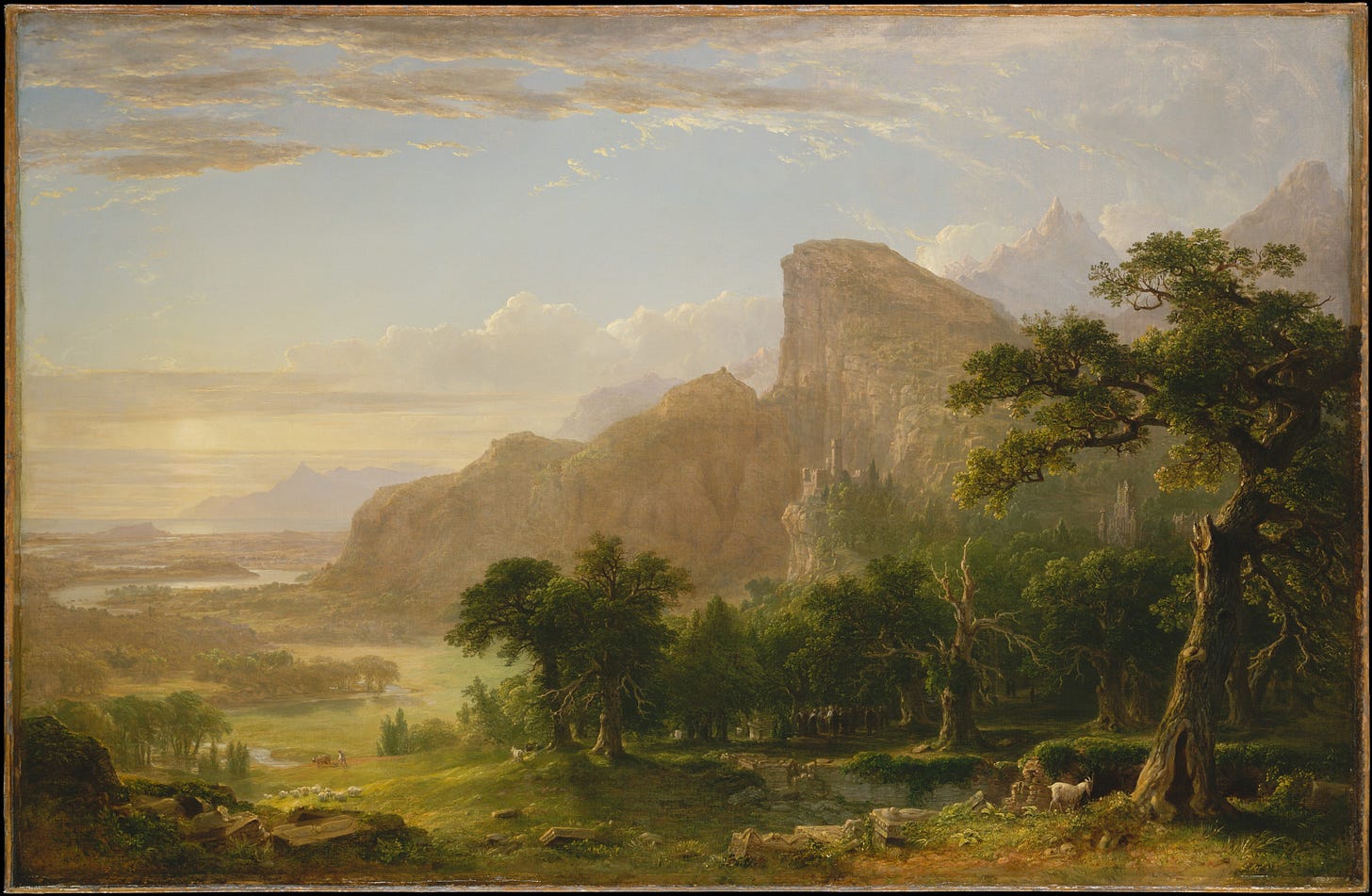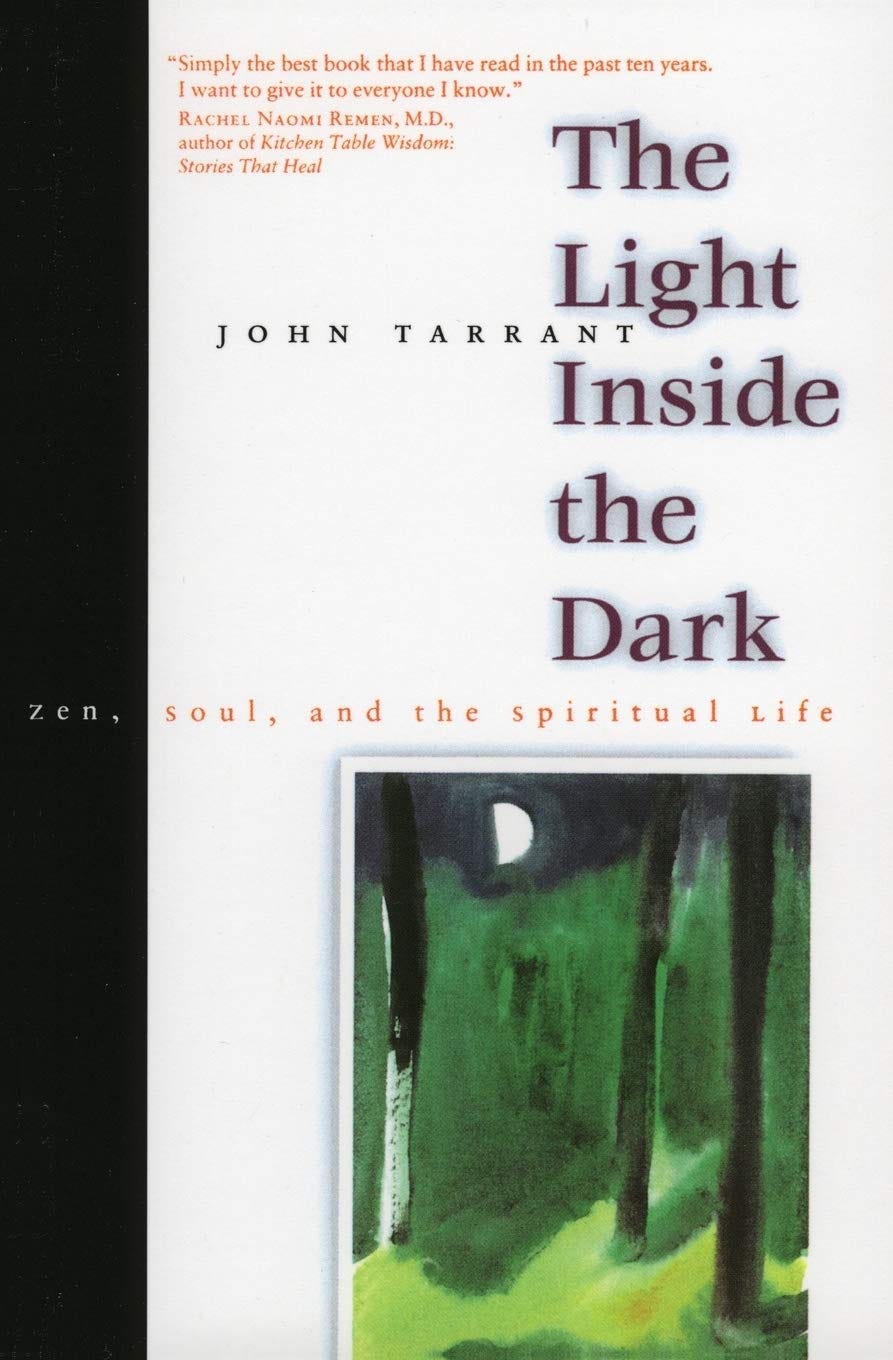
“Satisfaction equals ‘haves’ divided by ‘wants’.” So says Arthur Brooks, Harvard professor specializing in the psychology of happiness. He is reiterating what the Buddha taught 25 centuries ago with his Second Noble Truth: “Desire is the spring from which dissatisfaction issues.”
One aspect of this is strictly practical. If I prioritize satisfaction (rather than, say, money, achievement, or pleasure), I know what to work with. I cut down on activities that fuel my desire and aim for “enough” rather than “more”. This one simple principle is enough to save me a world of suffering and anxiety. But the Second Noble Truth goes deeper.
I can pursue satisfaction in two ways: increase my “haves” or decrease my “wants”. Increasing “haves”, more often than not, involves effort, pursuit, and conflict. It involves the separation of “haves” and “wants”, of “me” and “satisfaction”. And rather than sate desire, more “haves” only fuel my appetites further.
It appears reasonable, then, to take the alternative approach, to decrease my “wants”. I attempt this through self-discipline, through various “spiritual” practices of non-attachment, of letting go… In the early excitement of my new quest, I feel buoyant, inspired… satisfied even! But soon enough, I discover there are always more “wants” to conquer, and I am back in the state of effort, pursuit, and conflict, only this time of a “spiritual” kind.
The very pursuit of satisfaction separates satisfaction from the reality here and now. I can play sophisticated games of “haves” and “wants”, but satisfaction remains the ultimate “want” looming on the horizon. So, how do I escape this compulsive cycle of desire? “I don’t”, says Krishnamurti, for then desire only moves to a different level: the desire to end desire, or the desire to end the desire to end desire, etc…
Where then is the end of desire?
It is right here, in the seeing of it. And as desire ends, so too does satisfaction, which is only an idol created by desire. Within that end, “haves” and “wants” no longer apply, and there is freedom.
May we know the peace that passeth understanding,
Simeon
“[T]here was a brother who had no possessions except a Gospel book, and he sold it in order to feed the poor. He said something worth remembering: ‘I have sold even the word that commands me to sell all and give to the poor.’”
— Sayings of the Desert Fathers
Suggested Reading
The Light Inside the Dark: Zen, Soul, and the Spiritual Life by John Tarrant
“An exquisite mapping of the Buddhist and totally beyond Buddhist path of liberation, done with the lightest of touches, with perfect grace and clarity and warmth of heart, in a way that makes it so human, and so compelling, that it shows this path, and the work play of meditation, to be nothing less than life itself, the human condition, offering anyone and everyone the actualities, the shadows, the blossoms, and the boundless, ever-present possibilities of a life lived in awareness, with nothing holding.”
—Jon Kabat-Zinn, author of Wherever You Go, There You Are
I invite you to my piece on Jiddu Krishnamurti, where we explore his uncompromising insight into the nature of mind and desire. When the desiring activity of thought is no longer resisted or pursued, an eternal, incommunicable freedom emerges. Freedom that is the birthright of us all.



Beautifully written. Thank you!